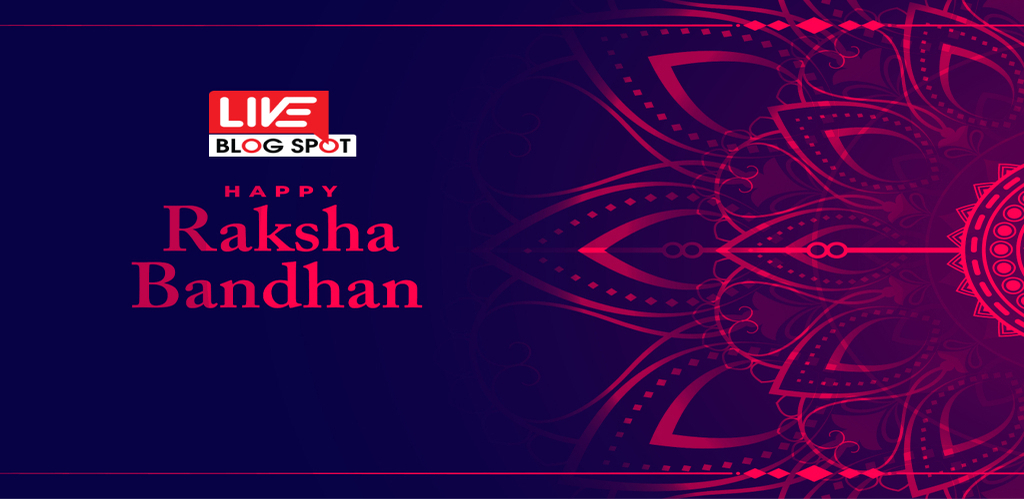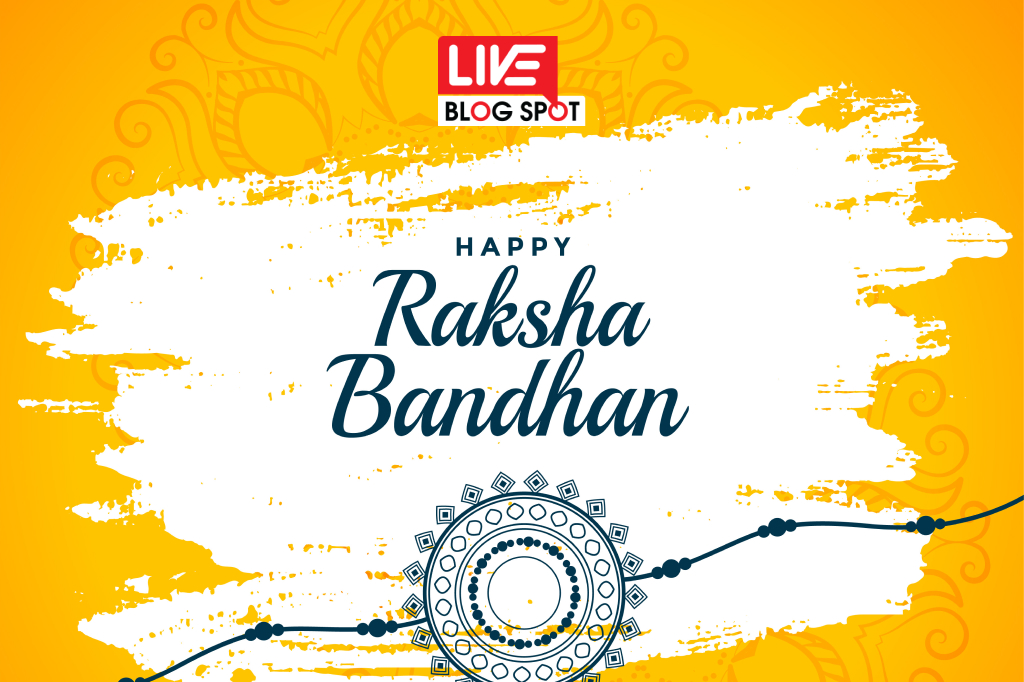Raksha Bandhan, likewise Rakshabandhan, is a mainstream, customarily Hindu, yearly ritual, or event, which is key to a celebration of a similar name, celebrated in India, Nepal and different parts of the Indian subcontinent, and among individuals around the globe followed or influenced by Hindu culture. On this day, sisters of any age tie a charm, or talisman, called the rakhi, around the wrists of their brothers and brothers, emblematically ensuring them, accepting a blessing consequently, and generally contributing the brothers with a portion of the obligation of their likely consideration.
Celebrated on the full-moon day of the Hindu month of Sravana (July/August), this celebration praises the adoration for a brother for his sister. On this day, sisters tie rakhi on the wrists of their brothers to ensure them against fiendish impacts, and appeal to God for their long life and satisfaction. They thus, give a blessing which is a guarantee that they will shield their sisters from any mischief. Inside these Rakhis live holy emotions and well wishes. This celebration is generally celebrated in North India.
The historical backdrop of Rakshabandhan goes back to Hindu folklore. According to Hindu folklore, in Mahabharata, the incomparable Indian epic, Draupadi, spouse of the Pandavas had torn the edge of her sari to tie on Lord Krishna’s wrist from bleeding (he had accidentally harmed himself). Along these lines, a bond, that of sister and brother created among them, and he vowed to safeguard her.
It is additionally an extraordinary holy bond of solidarity, going about as an image of life’s progression and a main courier of fellowship. Raksha implies security, and in certain spots in medieval India, where ladies felt risky, they tie Rakhi on the wrist of men, viewing them as brothers. So, Rakhi fortifies the power of profound devotion among sisters and brothers and resuscitates the enthusiastic holding. Brahmins change their sacrosanct string (janoi) on this day and devote themselves by and by to the investigation of the sacred texts.
Regional varieties in custom:
While Raksha Bandhan is praised in different pieces of South Asia, various websites mark the day in various manners. In the province of West Bengal and Odisha, this day is additionally called Jhulan Purnima. Puja and prayers of Lord Krishna and Radha are performed there. Sisters tie rakhi to brothers and wish eternality. Ideological groups, companions, workplaces, schools to universities, road to castle praise this day with another expectation for a decent relationship.
In Maharashtra, among the Koli people group, the celebration of Rakhi Pournima/ Raksha Bandhan is commended alongside Narali Pournima (coconut day celebration). Kolis are the anglers’ network of the beach front state. The anglers offer prayers to Lord Varuna, the Hindu divine force of Sea, to summon his favors. As a major aspect of the ceremonies, coconuts were tossed into the ocean as contributions to Lord Varuna. The girls and women tie rakhi on their brother’s wrist, as somewhere else.
In the site of North India, for the most part Jammu, it is a typical practice to fly kites on the close by events of Raksha Bandhan and Janamashtami.
It’s not bizarre to see the sky loaded up with kites of every kind, close by these two dates. Local people purchase kilometers of solid kite string, normally called as “gattu door” in the local language.
In Haryana, along with these observing Raksha Bandhan, individuals watch the celebration of Salono. Salono is commended by ministers seriously tying special necklaces against evil on individuals’ wrists. As somewhere else, sisters attach strings on brothers with prayers for their prosperity, and the brothers give her blessings promising to protect her.
In Nepal, Raksha Bandhan is referred to as Rishitarpani and/or Janai Purnima and includes a holy string function. It is seen by the both the Buddhists and Hindus of Nepal. The Hindu men change the string they wear around their chests (janai), while in certain pieces of Nepalese girls and women tie rakhi on their brother’s wrists. The Raksha Bandhan-like brother sister celebration is seen by different Hindus of Nepal during one of the times of the Tihar (or Diwali) celebration.
The celebration is seen by the Shaiva Hindus and is prominently referred to in Newar people group as Gunhu Punhi.
Voluntary kin relations:
Among men and women who are not blood family members, there is additionally a changed custom of voluntary kin relations, accomplished through the tying of rakhi ornaments, which have played hooky lines, and Muslim and Hindu divisions. In certain networks or settings, different figures, such as, a female authority, or an individual in power, can be remembered for the function in custom affirmation of their gift. As per an author, the equivalent emblematic insurance is likewise mentioned from the high rank men by the low station ladies in a work relationship circumstance. The custom string is offered, however not tied and higher standing men usually give some cash as a gift and wishes consequently.
Raksha Bandhan In Pandemic:
However, Hinduism has a great history and emotions behind the Raksha Bandhan, but this time of Pandemic has imposed a lot of restriction on a lot of things and the festivals are no exceptions. And the similar kind of effect we are going to see in Raksha Bandhan, a bit of social distancing, travel restriction, lockdown, restriction of movement and a lot. But the love and bond between brother and sister is not going to have any of this effect on their relationship. In fact, we believe that these time of issues will bring more emotional stability and bond among families and friends.


